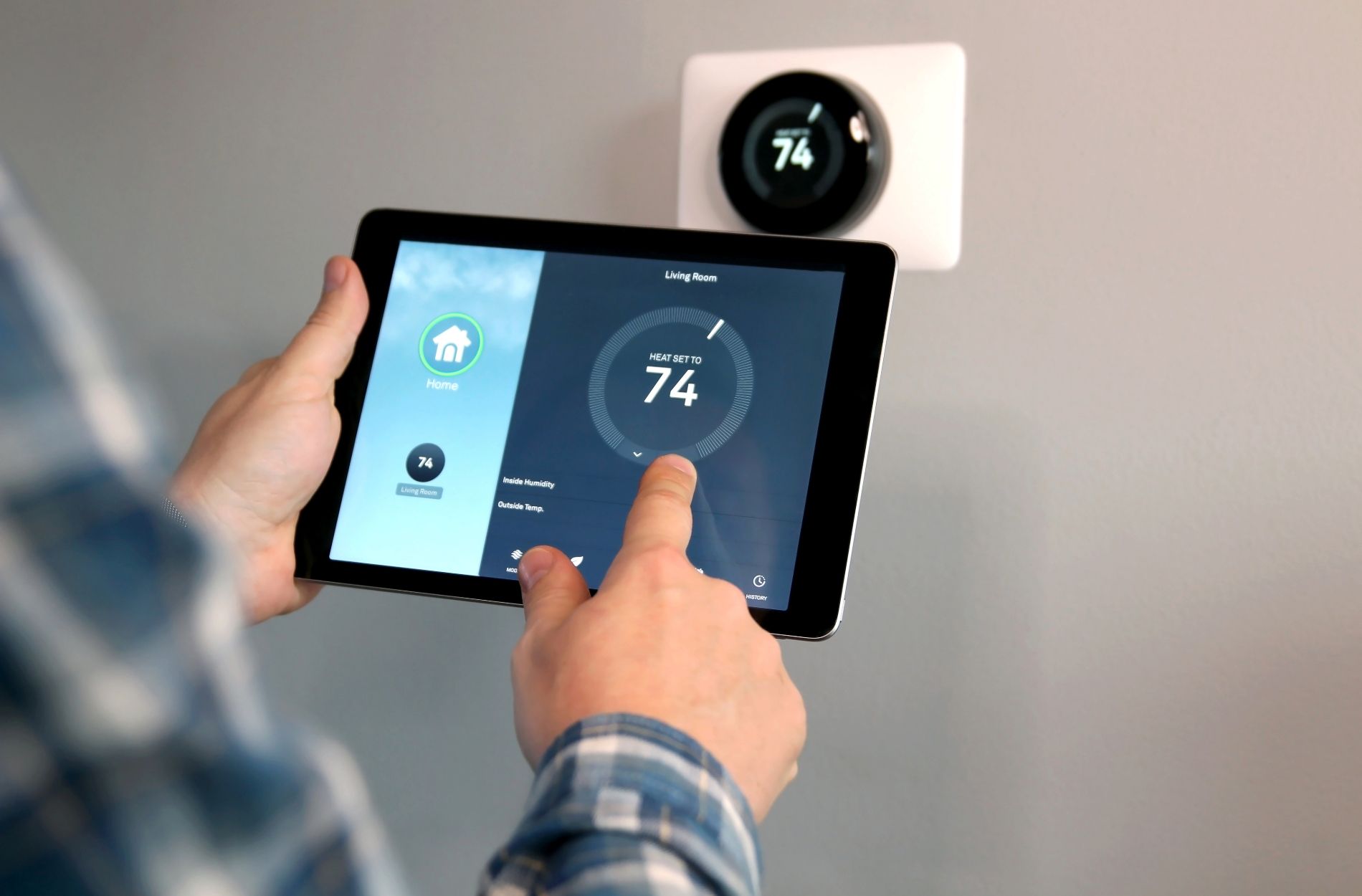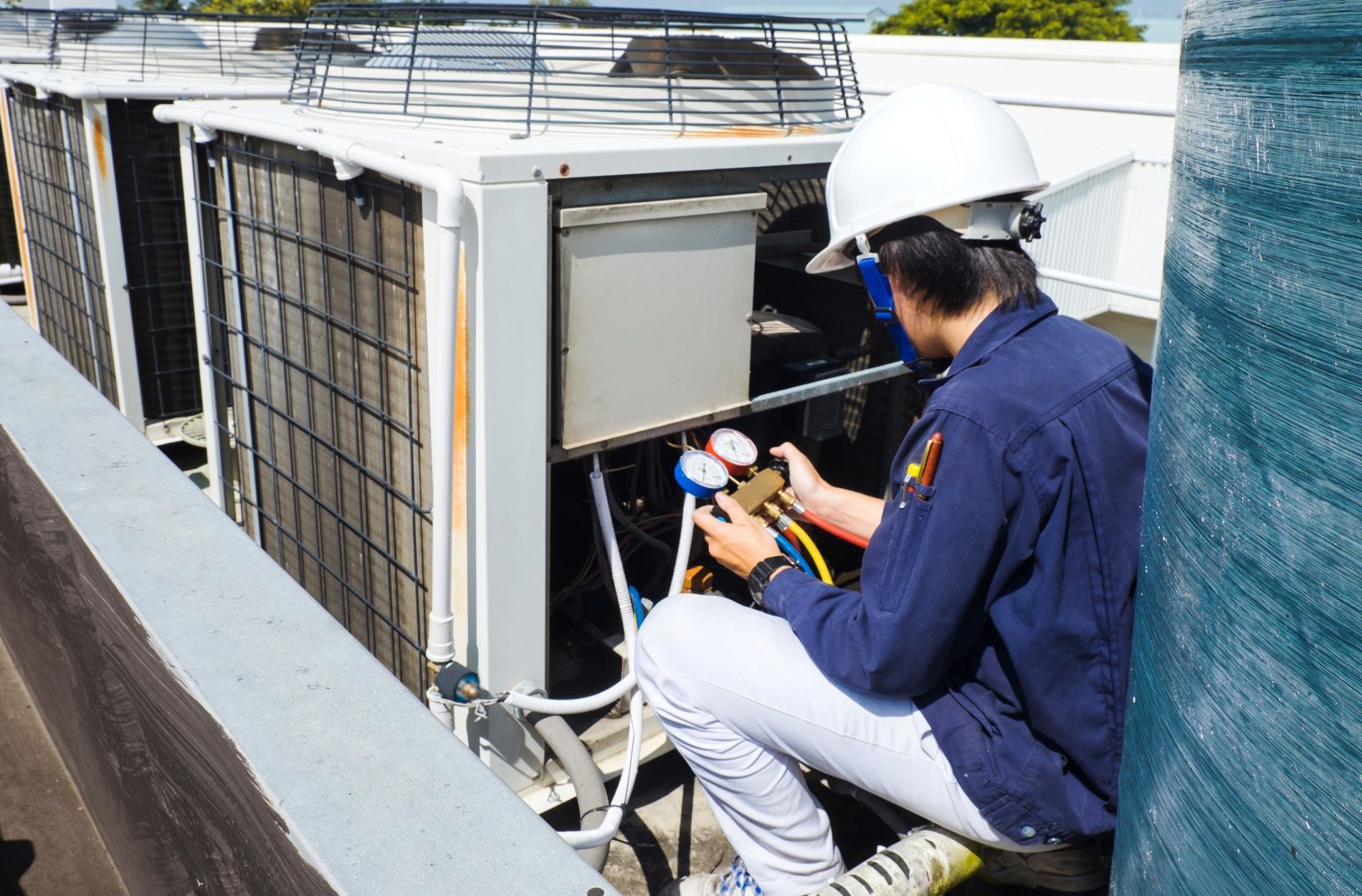Simple Tips to Extend the Lifespan of Your HVAC System
Your HVAC system is a vital part of keeping your home comfortable year-round. However, many homeowners often overlook the simple steps that can help ensure their HVAC system operates efficiently and lasts as long as possible. Extending the lifespan of your HVAC system can save you money on repairs and replacements while keeping your home comfortable and energy-efficient.
Regular Maintenance and Checkups
Regular maintenance and checkups are essential to keep your HVAC system running efficiently and extend its lifespan. Scheduling a professional inspection at least twice a year—once before the cooling season and once before the heating season—can make a big difference. During these checkups, technicians can identify and fix small problems before they turn into major issues. They will also clean and inspect various parts of the system, such as the coils, drains, and electrical connections.
Maintenance tasks like lubricating moving parts and checking the refrigerant levels ensure that your system operates smoothly. For instance, properly lubricated parts reduce friction and wear, while correct refrigerant levels optimize cooling and heating efficiency. Additionally, technicians will often check the thermostat settings to ensure your HVAC system controls the temperature effectively and efficiently.
Regular maintenance isn't just for professionals. Homeowners can take simple steps like keeping the outdoor unit clean and free of debris. Ensuring that shrubs or plants are trimmed back at least two feet from the unit allows for proper airflow and prevents damage. Taking these proactive steps helps keep your HVAC system in good shape, minimizing the risk of unexpected breakdowns and increasing its longevity.
Proper Use of Thermostat Settings
Using your thermostat correctly is a straightforward way to extend the lifespan of your HVAC system. One of the easiest steps you can take is to avoid drastic temperature changes. Instead of setting your thermostat to extreme temperatures, aim for a moderate range. Rapid changes force your HVAC system to work harder, which can cause unnecessary wear and tear.
Programmable thermostats are a great tool for managing indoor temperatures efficiently. These devices let you set schedules, so your HVAC system only runs when needed. For example, you can program it to lower the temperature at night when you're asleep and raise it during the day. This approach reduces the overall strain on the system and helps maintain a comfortable home environment without using excessive energy.
Another tip is to use the "auto" setting rather than the "on" setting for your fan. When set to "auto," the fan runs only when the system is heating or cooling, reducing unnecessary operation. Keeping doors and windows closed while the system is running also helps it work more efficiently, as it needs to condition less air. By following these simple thermostat practices, you can help your HVAC system operate more smoothly and last longer.
Keeping Air Filters Clean and Replaced
One of the easiest and most impactful tasks you can do to extend the life of your HVAC system is to keep the air filters clean and replaced. Dirty or clogged filters force your system to work harder, which can lead to increased energy consumption and potential damage over time. It's generally recommended to check your air filters every month and replace them every 1-3 months, depending on usage and the type of filter.
Higher-quality filters may capture more particles but may also require more frequent changes. Be sure to follow the manufacturer’s guidelines for your specific HVAC system. Some filters are even washable and reusable, which can be a cost-effective and environmentally friendly option. Simply clean these filters according to the manufacturer’s instructions.
Replacing or cleaning your air filters regularly not only helps your HVAC system run more efficiently but also improves the air quality in your home. Clean filters trap dust, pollen, and other allergens, keeping them out of the air you breathe. By making this small maintenance step a routine, you can significantly reduce wear and tear on your HVAC system and help it last longer.
Managing Obstructions and Airflow
Ensuring proper airflow is crucial for the optimal performance and longevity of your HVAC system. Start by making sure that all vents and registers in your home are free from obstructions. Furniture, curtains, and other objects can block these vents, restricting airflow and making your system work harder to heat or cool your home. To maintain consistent airflow, periodically check that nothing is blocking these areas.
The outdoor unit of your HVAC system also needs clear space to function properly. Keep plants, shrubs, and other debris at least two feet away from the unit to ensure efficient operation. Regularly inspect the area around the outdoor unit to remove leaves, twigs, and other debris that can accumulate and hinder performance.
Ductwork is another important aspect of managing airflow. Leaky or dirty ducts can drastically reduce the efficiency of your HVAC system. Consider having your ductwork inspected and cleaned by professionals at least once every few years. Ensuring that your ducts are sealed and clean will help maintain optimal airflow and efficiency. By managing obstructions and ensuring clear airflow, you can help your HVAC system run more efficiently and extend its lifespan.
Conclusion
Taking simple, proactive steps to care for your HVAC system can significantly extend its lifespan and keep it running efficiently. Regular maintenance, proper use of thermostat settings, keeping air filters clean and replaced, and managing obstructions and airflow are all essential practices for achieving this goal. These actions not only enhance the performance of your HVAC system but also contribute to lower energy bills and better air quality in your home.
Keeping up with these routine tasks may seem small, but they add up to make a big difference in the long-term health of your HVAC system. Preventative measures reduce the likelihood of unexpected breakdowns and costly repairs, ensuring that your system provides the comfort you need when you need it most.
For professional guidance and support in maintaining your HVAC system, turn to Anytime Heating & Air. Our experienced technicians are here to help you with all your HVAC needs, from regular maintenance to complex repairs. Schedule a service with our
HVAC company in Owensboro today and enjoy a more efficient and longer-lasting HVAC system in your home.


